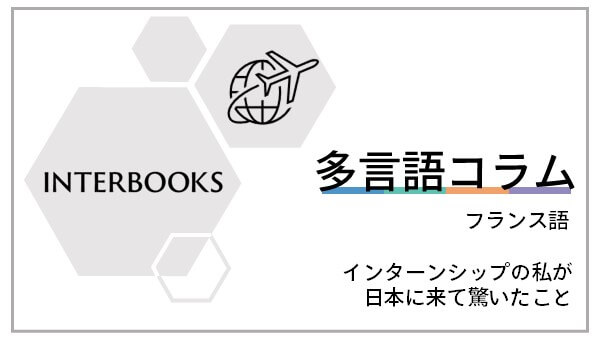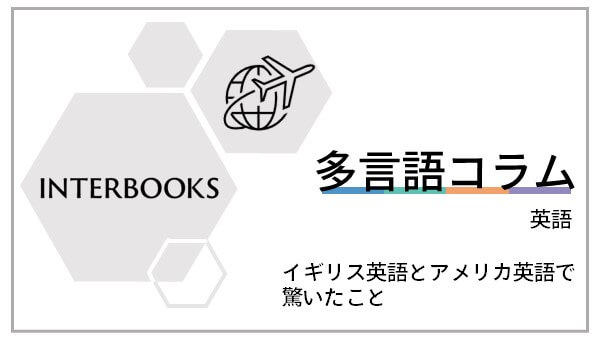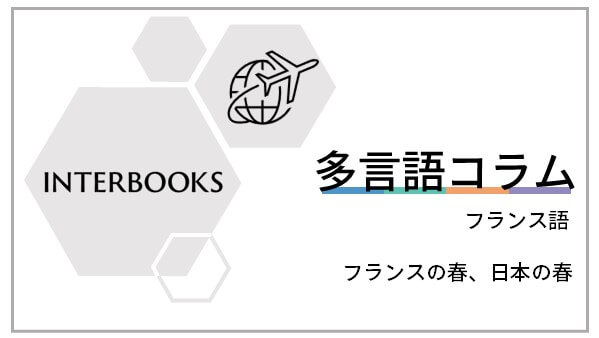- 2023.07.28
- 多言語情報
英語のことわざ
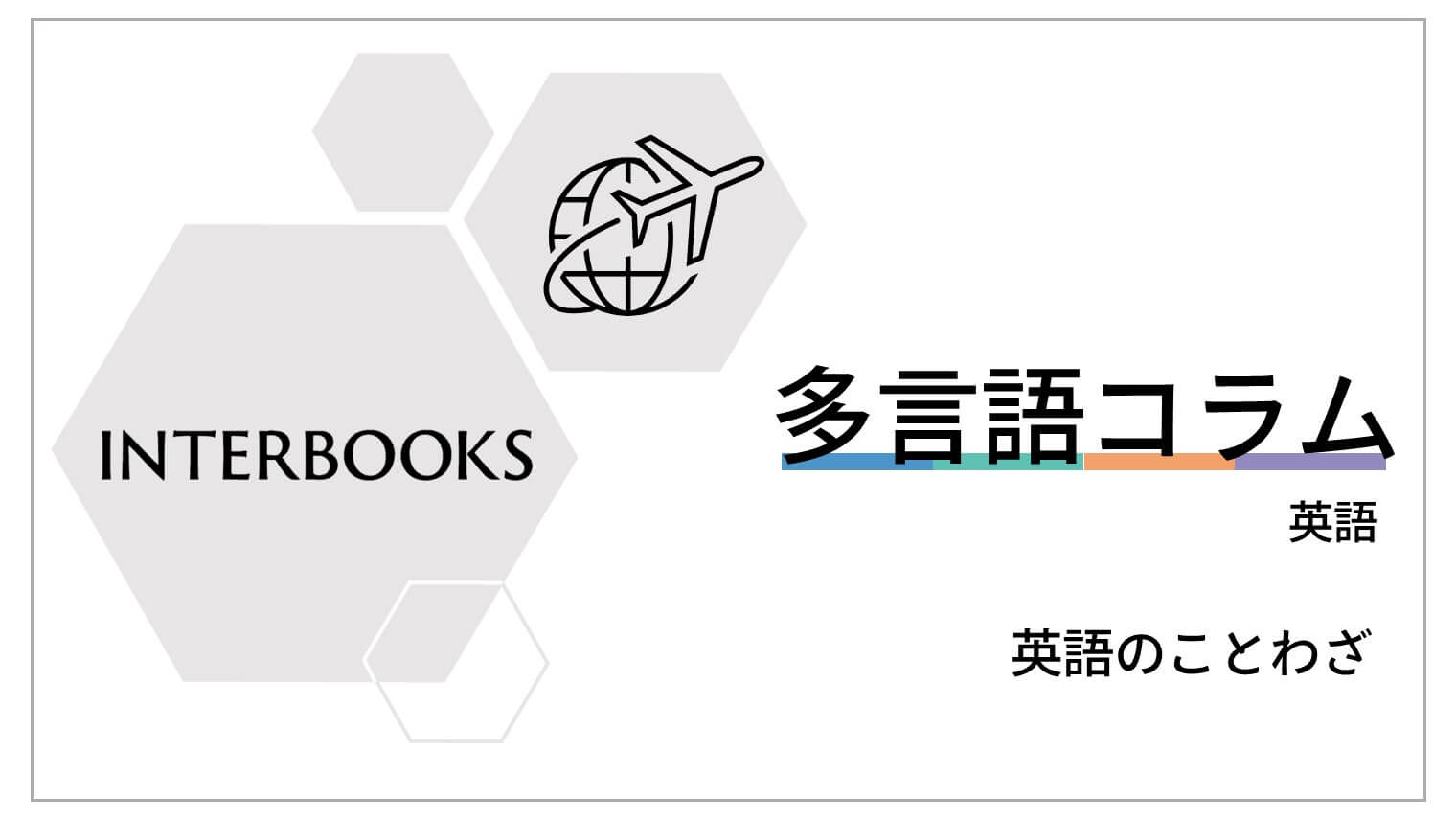
The long history of proverbs shows us that people have always had similar preoccupations. Proverbs in English are often related to animals, and below you can find a selection of some of the best.
Curiosity killed the cat
好奇心は猫を殺す
This proverb first started out as “care (here meaning ‘worry’) killed the cat,” appearing in a 16th century play by the English playwright Ben Jonson. It then re-emerged in its current iteration in the mid-1800s on both sides of the Atlantic, becoming firmly established in our modern lexicon. The phrase means that excessive snooping can lead to trouble, and it is often used when attempting to stop someone asking too many questions. Curiosity as a concept has been viewed negatively for centuries, and that combined with the inquisitive nature of cats may be the reason why this proverb was created.
You can lead a horse to water, but you can’t make it drink
馬を水飲み場に連れていくことはできても、水を飲ませることはできない
This phrase is a contender for the oldest proverb still in regular use in the English language. Appearing in a collection of homilies as early as the 12th century, its original wording in Old English can be translated as “who can give water to the horse that will not drink of its own accord?” The meaning of this phrase is essentially, “you can’t help those who don’t want to help themselves.”
寝ている犬を寝かしておく
There are more phrases in the English language involving dogs than any other animal, with horses a close runner up. This particular example is first seen written down in Geoffrey Chaucer’s epic poem from the 1300s, Troilus and Criseyde: “It is nought good a slepyng (sleeping) hound to wake,” although it may have been in use for longer than this. Dogs had a fiercer reputation then than their gentle ancestors today, so not waking a sleeping dog may have been a genuine way to avoid danger when this phrase was first coined. However, its metaphorical meaning is essentially to leave a situation well alone if it appears stable. Alternative expressions with a similar meaning include “don’t rock the boat,” or “if it ain’t broke, don’t fix it.”
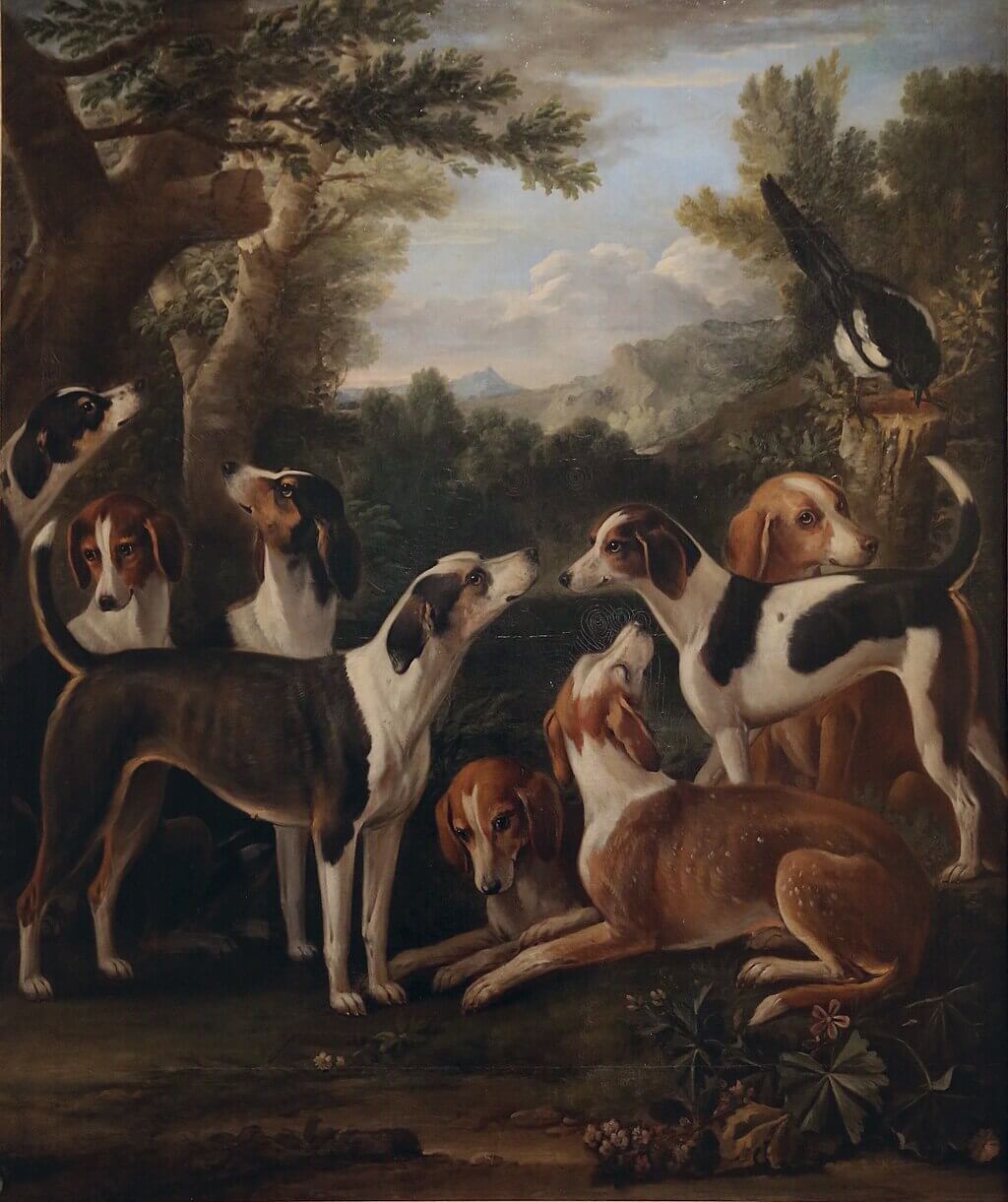
Reference: https://www.phrases.org.uk/index.html
ことわざの長い歴史は、人々が常に似たような関心を持っていたことを示しています。英語のことわざはしばしば動物に関連しており、以下にいくつかの優れたことわざを紹介します。
Curiosity killed the cat
好奇心は猫を殺す
このことわざは、元々16世紀の英国の劇作家ベン・ジョンソンの戯曲に「心配が猫を殺す」として初めて登場しました。その後、19世紀中ごろに現在の形で再登場し、大西洋の両側で定着しました。このフレーズは、余計な詮索がトラブルを引き起こす可能性があることを意味し、誰かがあまりにも多くの質問をするのを止めようとする際によく使われます。長い間、好奇心は否定的に捉えられてきましたが、それに加えて猫の探求心があるため、このことわざが生まれた理由かもしれません。
You can lead a horse to water, but you can’t make it drink
馬を水飲み場に連れていくことはできても、水を飲ませることはできない
このフレーズは、英語の中で現代も使われている最も古いことわざの一つと言われています。早くも12世紀に、説教集の中で登場し、古期英語での元の表現は「自分の意思で水を飲まない馬に誰が水を与えることができるだろうか。」と訳されています。このフレーズの意味は「自分自身を助けようとしない人を助けることはできない」ということです。
Let sleeping dogs lie
寝ている犬を寝かしておく
英語の中で犬に関連するフレーズは他のどの動物よりも多く、馬も犬に及ばずながら多いです。この例は、14世紀のジェフリー・チョーサーの叙事詩『トロイルスとクリセイデ』に最初に書かれているのを見つけることができます。「寝ている猟犬を起こすのはよくないことだ」という内容ですが、実際にはこのフレーズはこれよりも前から使われていたかもしれません。犬は現在のように温和ではなく、先祖はより凶暴な性質を持っていたため、寝ている犬を起こさないということは、このフレーズが最初に作られた時に本当の危険を避ける方法だったかもしれません。ただし、このフレーズの比喩的な意味は、安定して見える状況はそのままにしておく、ということです。同じ意味を持つ他の表現には、“don’t rock the boat,(船を揺らすな)” or “if it ain’t broke, don’t fix it.(壊れていないなら修理するな)”といったものがあります。
■ インターブックスの英語翻訳はこちら
■ インターブックスの実績紹介はこちら
| 書いた人 | 翻訳チェッカー課 W |
| イギリス出身。ロンドン大学にて日本語学を専攻。卒業後、航空会社や出版社を経て翻訳業界に飛び込む。趣味は読書、レコード収集・鑑賞、キャンプ。 |
インターブックスサービス資料ダウンロード
資料ダウンロード関連記事

